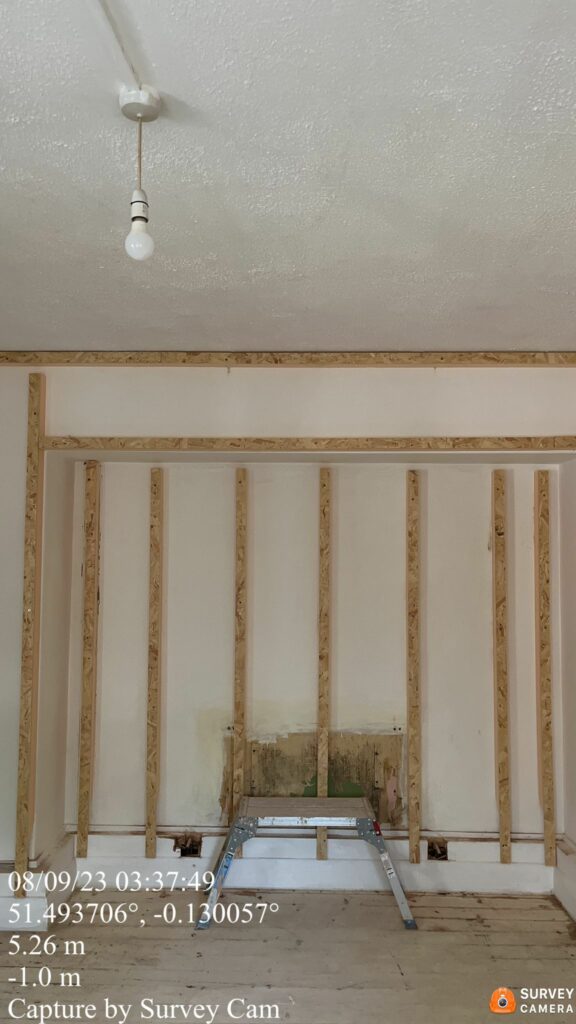


Retrofitting, in the context of construction, refers to the process of upgrading or improving an existing building to meet current standards, enhance performance, and address new needs. As the world becomes more conscious of sustainable practices and energy efficiency, retrofitting has gained significant importance in the construction industry. By retrofitting, buildings can become more environmentally friendly, energy-efficient, and cost-effective.
In the construction industry in the UK, retrofit has gained significant attention due to the country’s commitment to reducing carbon emissions and achieving stringent environmental targets.
Retrofitting not only helps meet sustainability goals but also offers a cost-effective solution for improving older buildings’ thermal performance and reducing energy consumption.
It often involves installing insulation, upgrading heating and ventilation systems, replacing windows, or implementing renewable energy technologies such as solar panels or heat pumps.
NXTGEN Futures play a crucial role in executing retrofit projects by conducting thorough building assessments, developing appropriate strategies, ensuring compliance with relevant regulations, and coordinating different trades involved. NXTGEN Futures expertise is vital for successful retrofits that enhance building usability while minimizing both environmental impact and operational costs for building owners.
Our Accreditations







